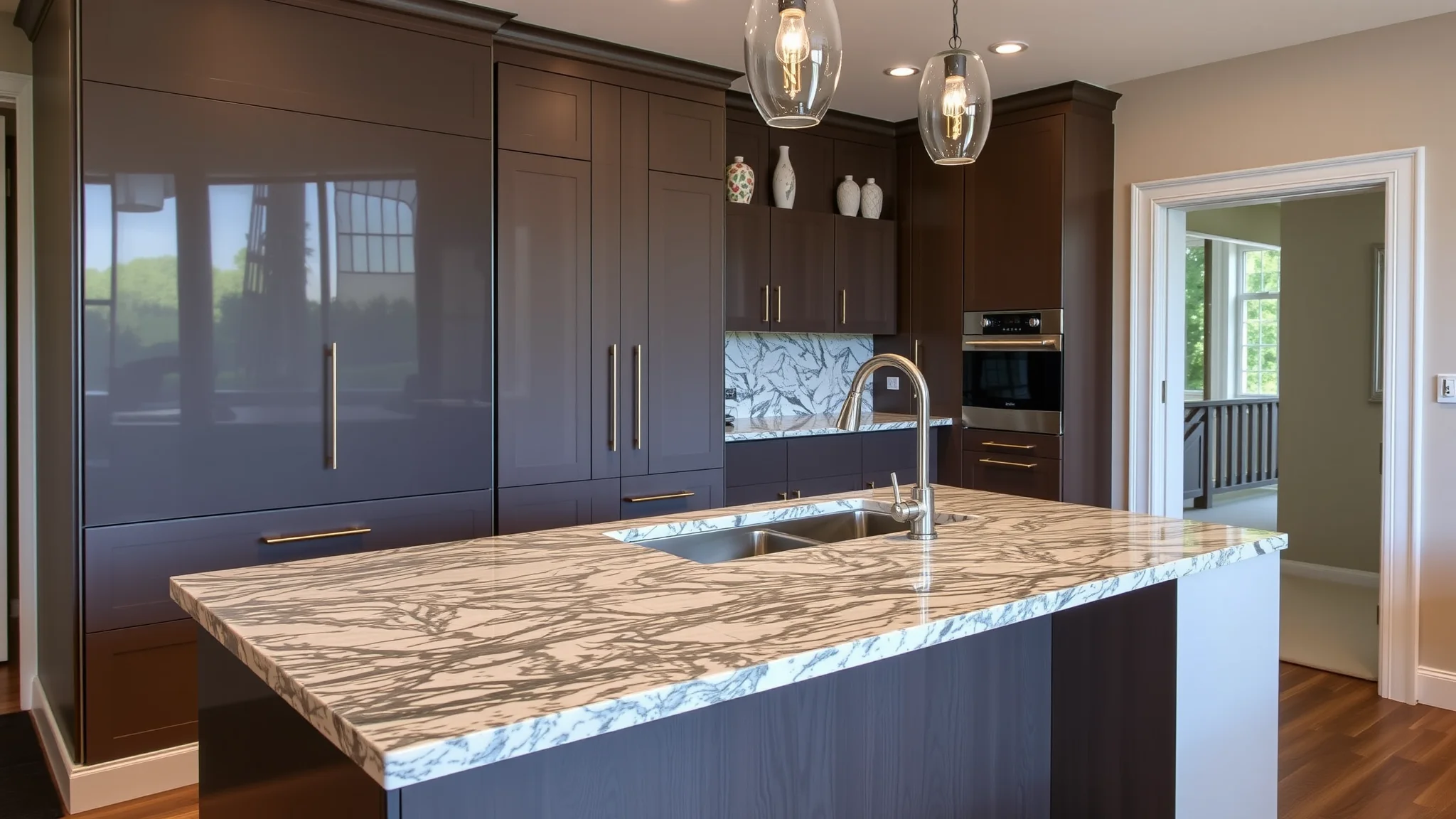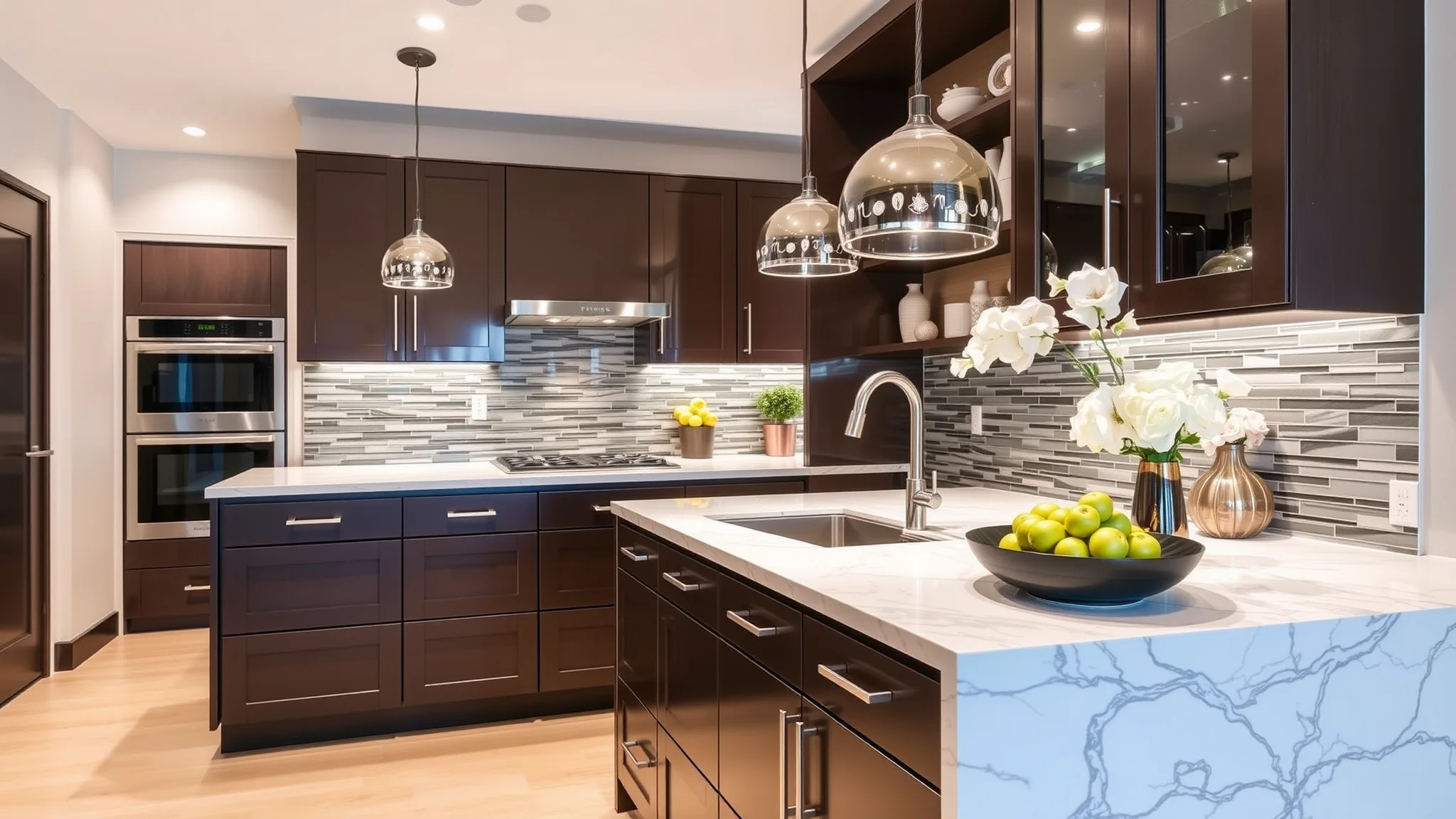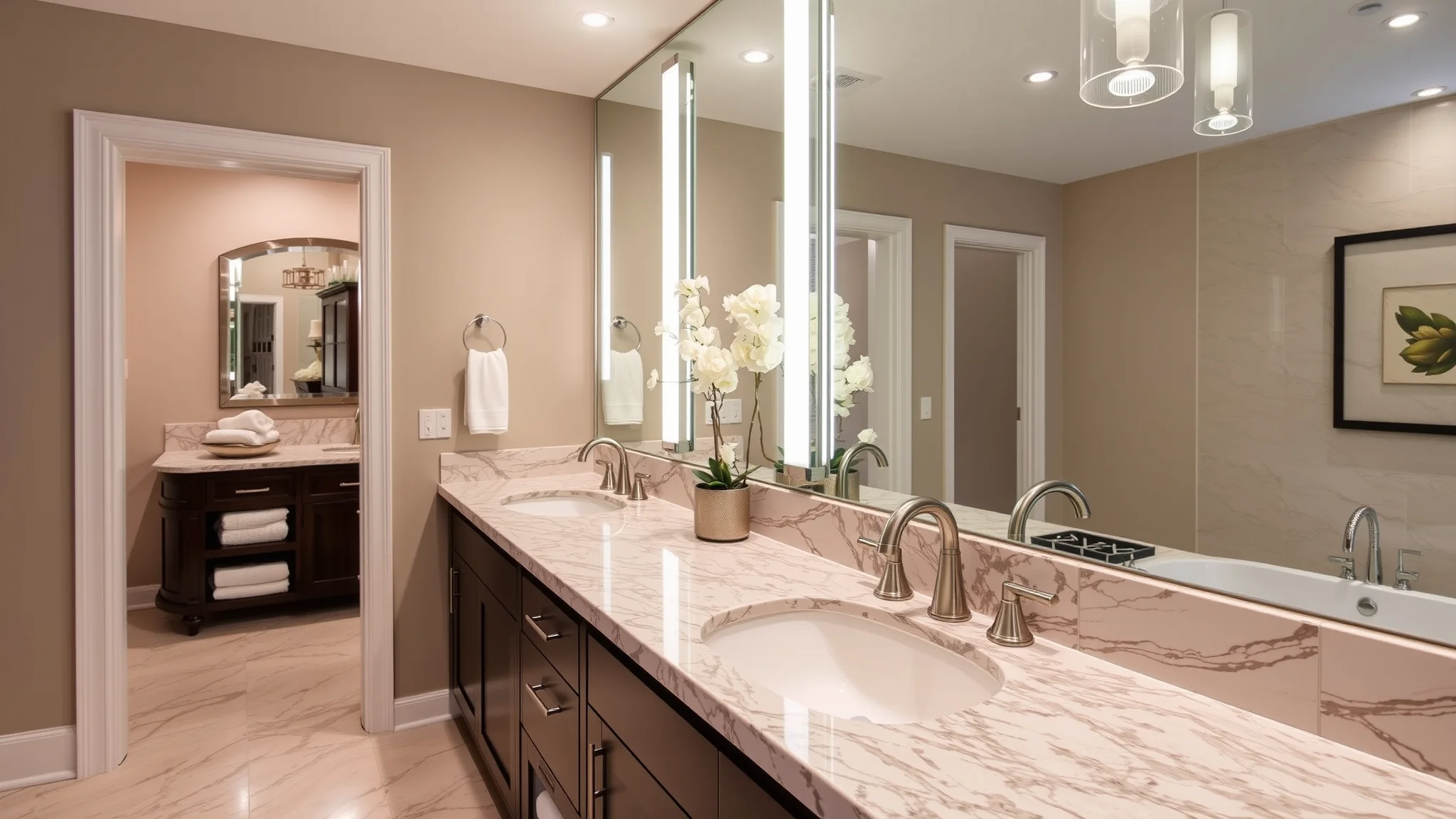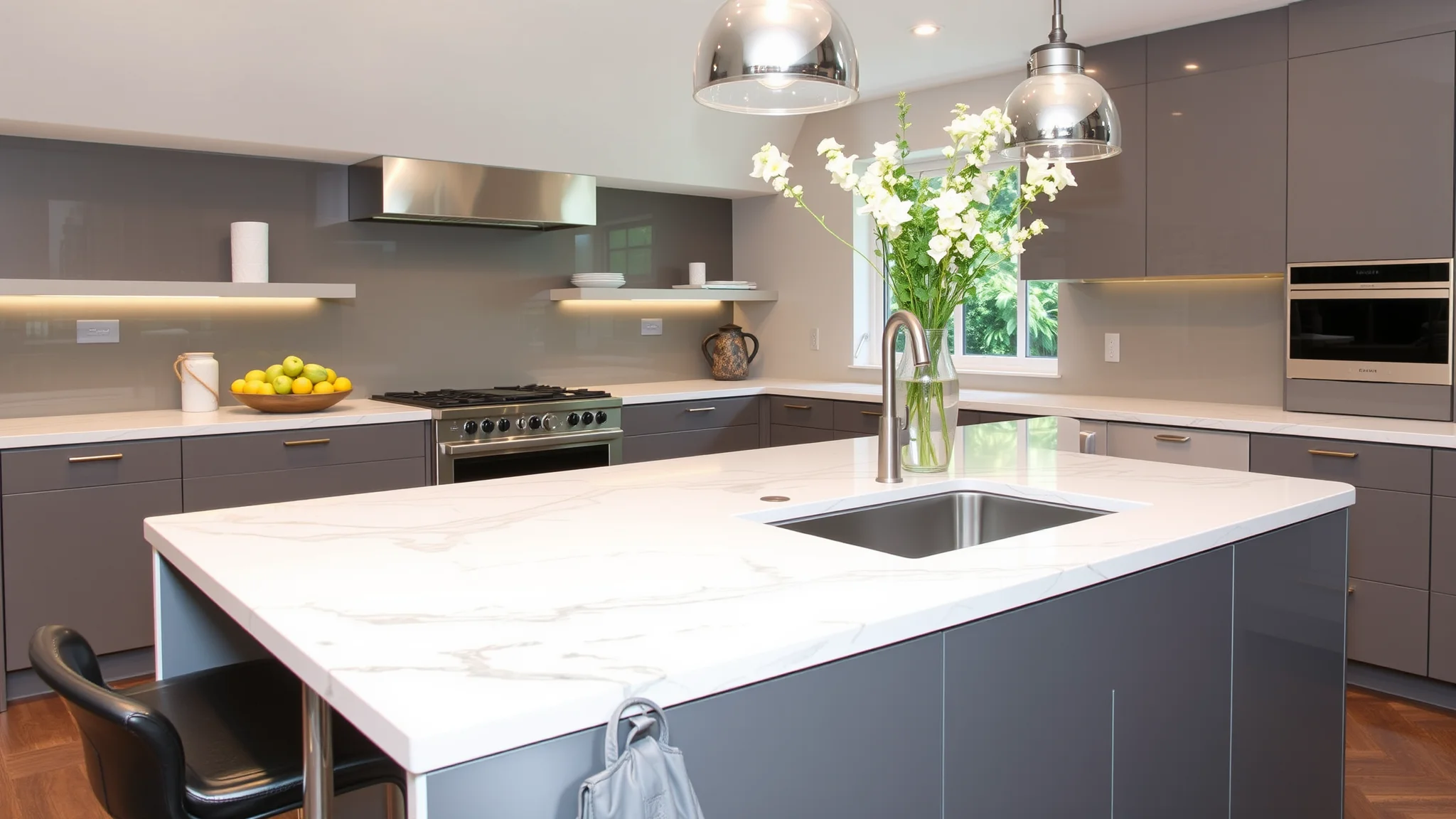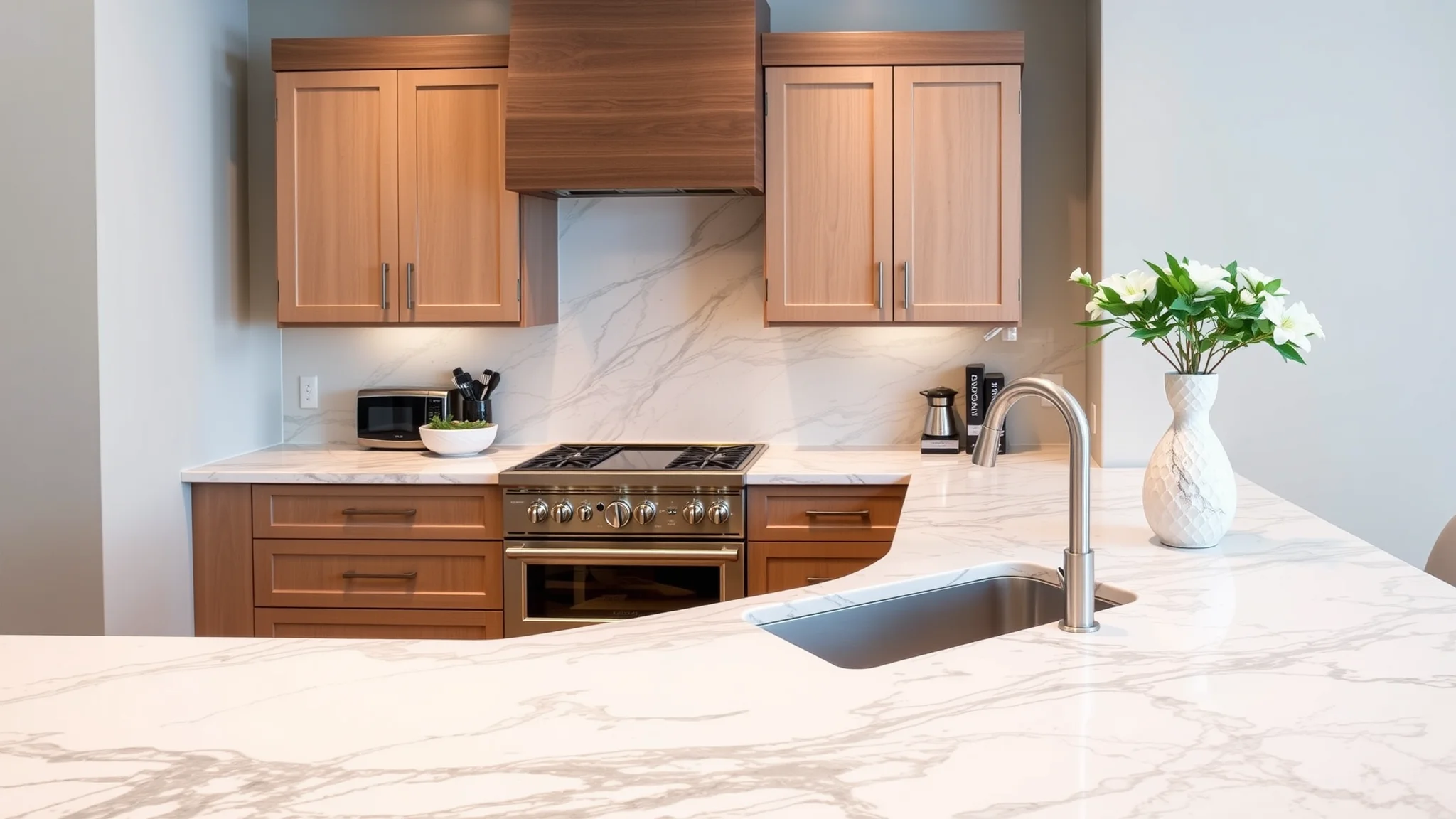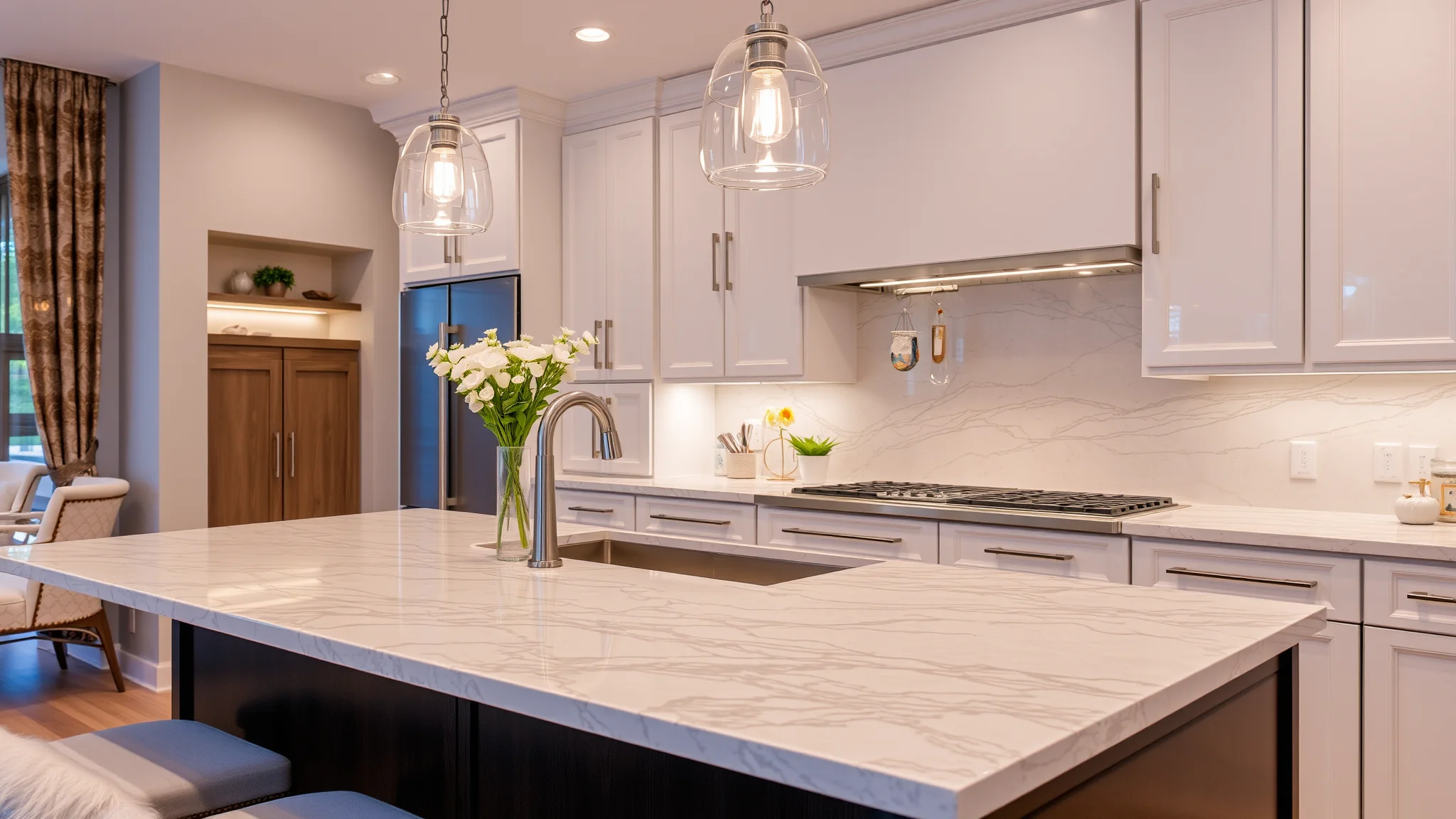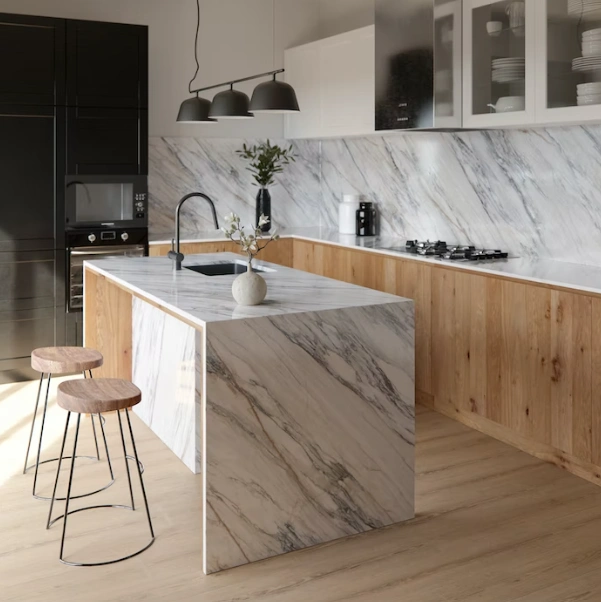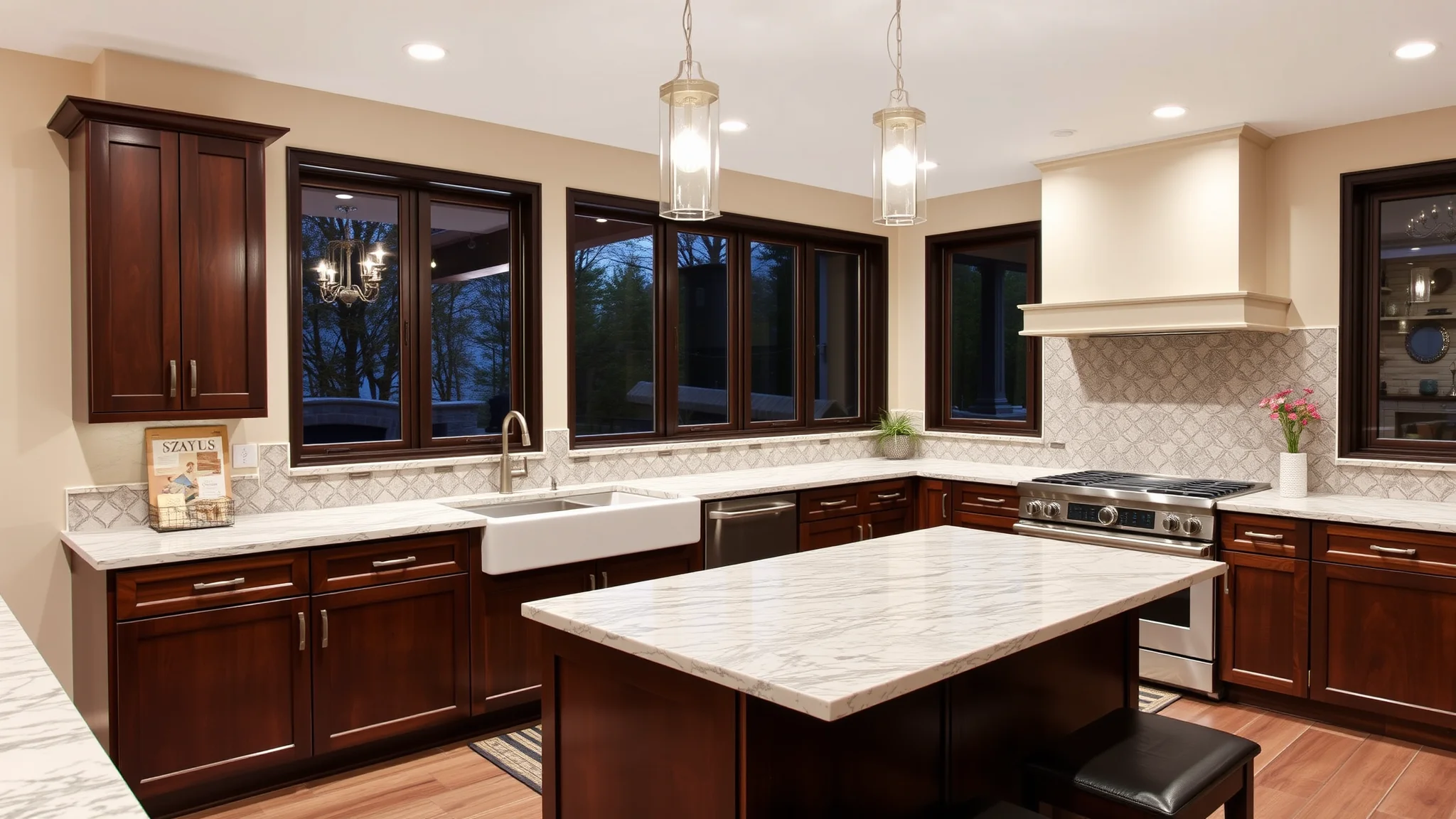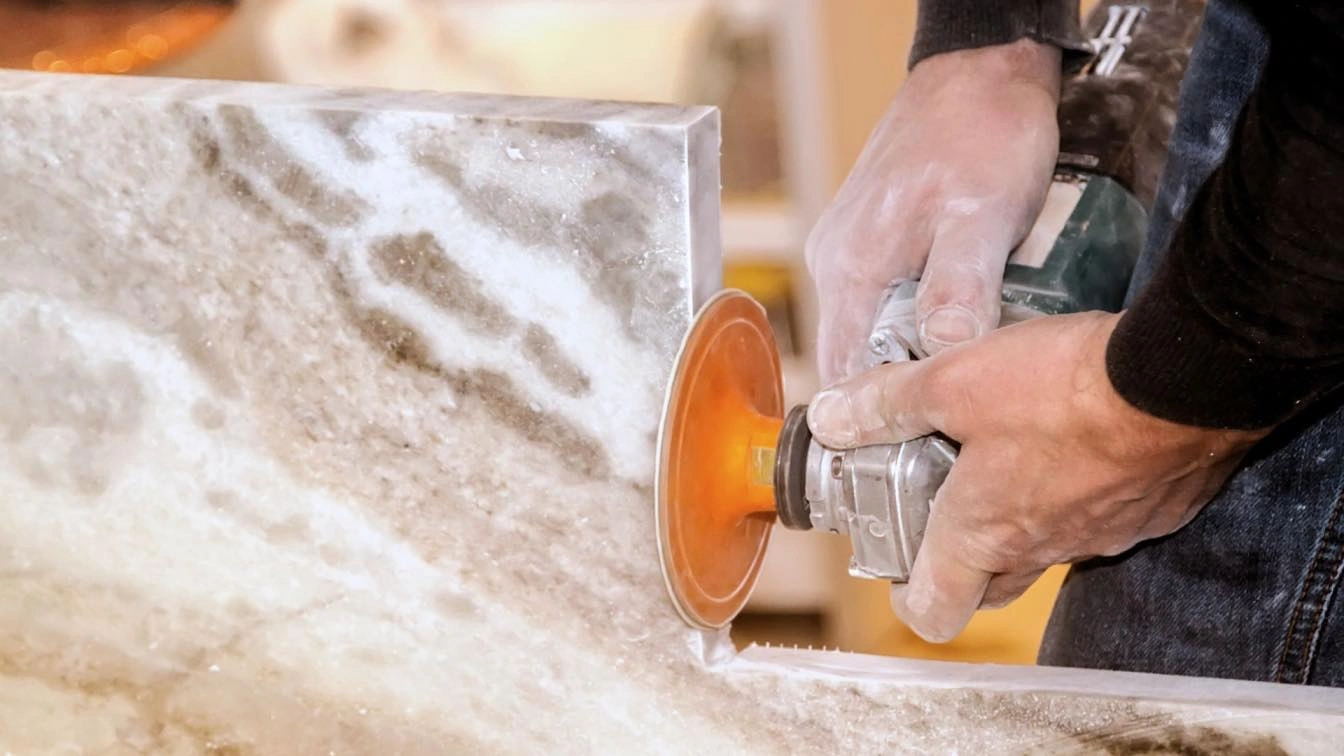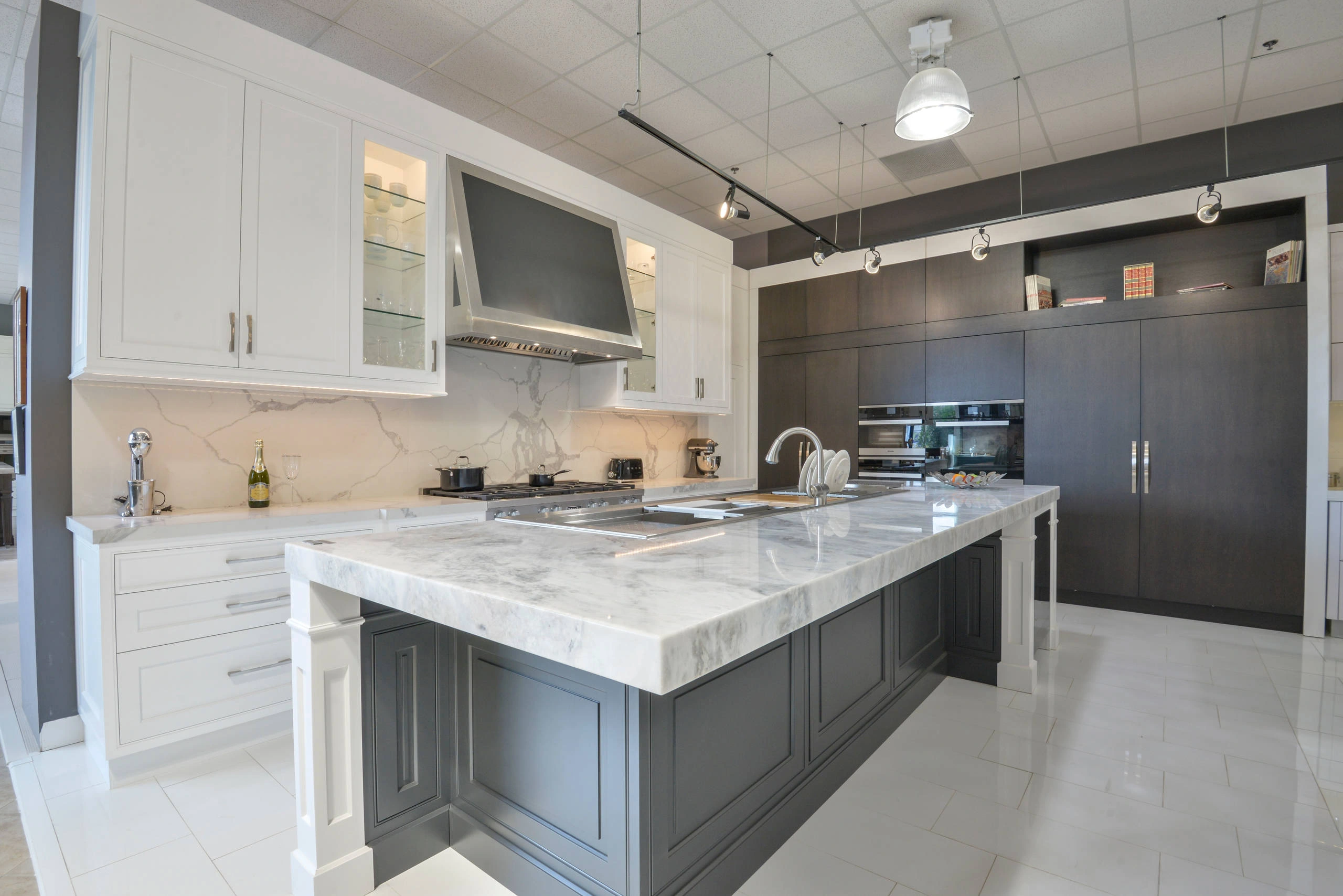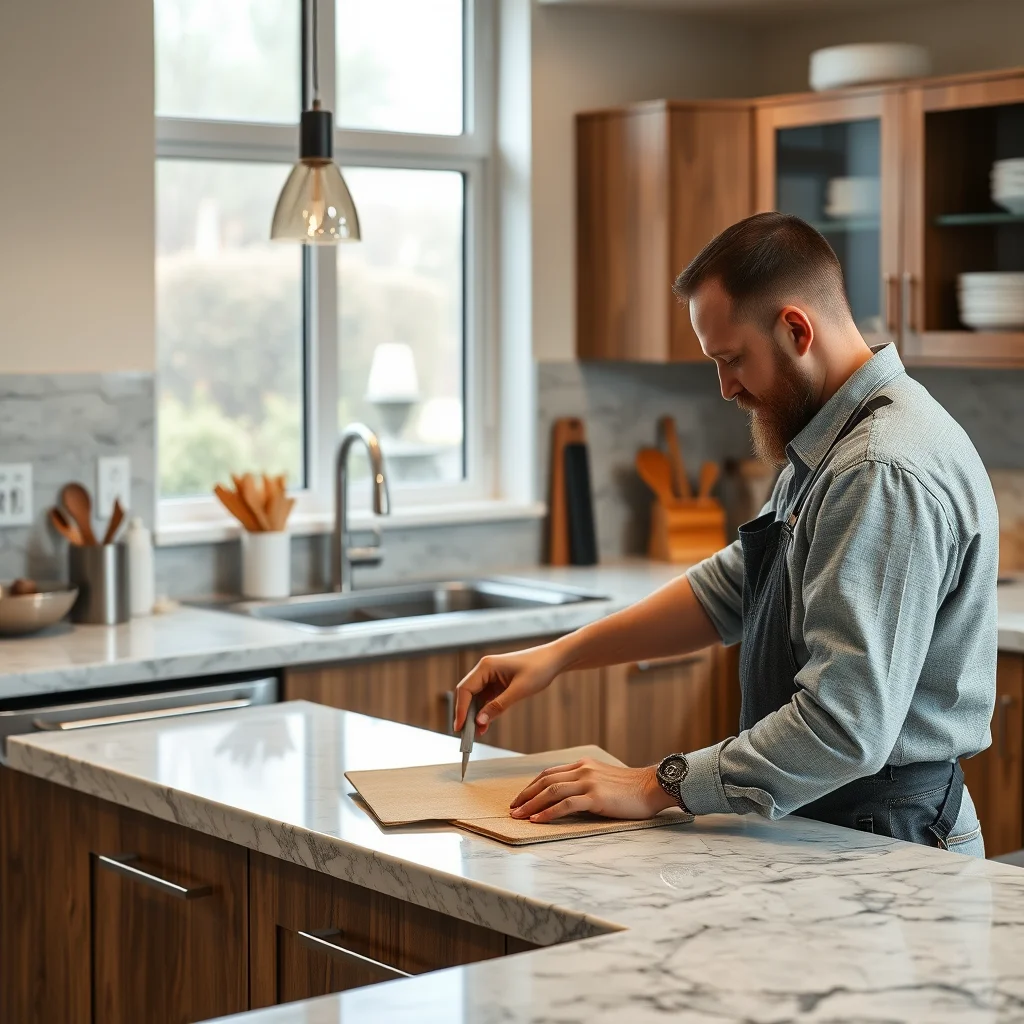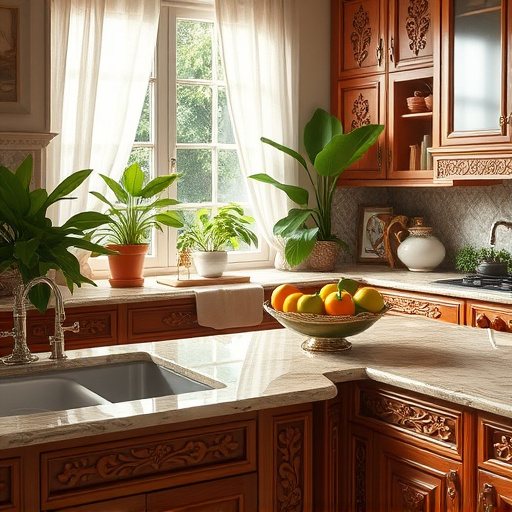
What to Do If Your Countertops Chip During Use: Tips & Tricks
What to Do If Your Countertops Chip During Use: Essential Tips for Repair and Prevention
Your kitchen or bathroom countertops are the centerpiece of your space—functional, stylish, and often high-traffic surfaces. However, despite careful use, chipping can occur unexpectedly, leading to frustration and potential damage if not addressed promptly. Knowing what to do if your countertops chip during use can save you time, money, and preserve the beauty of your surfaces. This comprehensive guide will walk you through effective repair techniques, preventive measures, and maintenance tips to ensure your countertops remain pristine and durable for years to come.
Why Do Countertops Chip During Use?
Countertop chipping often results from a combination of factors, including material vulnerability, impact, or improper installation. Understanding these causes can help you prevent future damage and maintain the longevity of your surfaces.
- Material Type: Natural stone (granite, marble), quartz, laminate, and solid surfaces each have different susceptibilities. For instance, softer stones like marble are more prone to chipping.
- Impact or Force: Dropping heavy objects or knocking utensils can create chips, especially along edges or corners.
- Temperature Fluctuations: Rapid changes from hot to cold can weaken material bonds, contributing to cracks or chips.
- Installation Flaws: Improper fitting or inadequate sealing can leave surfaces vulnerable to damage over time.
How Can You Recognize a Chip in Your Countertop?
Recognizing a chip early can help you take swift action. Common signs include:
- A visible jagged or rough edge where the surface has broken.
- A small, often sharp fragment missing from a corner or along the edge.
- Discoloration or differences in texture around the affected area.
- Occasional cracking radiating from the chip if not addressed promptly.
What Are the Most Effective Repair Options for Countertop Chips?
Several repair methods exist, varying based on the material and severity of the chip. Here are your best options:
1. Using Epoxy for a Seamless Repair
Epoxy fillers are highly effective for repairing chips, especially on natural stones like granite or quartz. They come in colors matching your countertop and create a durable, smooth surface. Follow these steps:
- Clean the chipped area thoroughly to remove dust and debris.
- Mix the epoxy according to the manufacturer's instructions.
- Apply the epoxy carefully with a small spatula or toothpick to fill the chip completely.
- Smooth the surface and remove excess epoxy before it hardens.
- Allow sufficient drying time before using the countertop.
For more detailed guidance, see our post on top-rated countertop providers in Palo Pinto, Texas.
2. Replacing or Refastening a Damaged Corner or Edge
If the chip is significant and involves a corner or edge piece, it may require professional repair or replacement. Consulting a specialist can ensure a seamless match and restore functionality.
3. Applying Polishing or Refinishing Techniques
For minor chips, polishing with a high-quality countertop polish can sometimes blend the damage, especially in more forgiving materials like laminate. This is a temporary fix to improve appearance until professional repair is performed.
When Should You Call a Professional for Chip Repair?
While minor chips can often be fixed at home, larger or more complex damage warrants professional attention. Consider calling in professionals if:
- The chip is large or involves structural damage.
- The affected area is at a critical support point or near appliances.
- You lack the necessary tools or experience for a seamless repair.
To find qualified specialists nearby, visit here for guidance on locating reputable countertops installers in McKinney, Texas.
How Can You Prevent Your Countertops From Chipping?
Prevention is always preferable to repair. Here are essential tips:
- Use Cutting Boards: Avoid cutting directly on countertops to prevent impact and scratches that may lead to chips.
- Be Mindful with Heavy Items: Place heavy pots, pans, or appliances carefully, particularly along edges and corners.
- Implement Proper Cleaning Practices: Use non-abrasive cleaners and soft cloths to preserve surface integrity.
- Seal Natural Stone Counters Regularly: Proper sealing can bolster resistance against chips and stains.
- Choose Durable Materials: When planning a renovation, consider materials like quartz, which are exceptionally resistant to chipping and cracking.
Where Can You Find Inspiration and Guidance for Upgrading Your Countertops?
Choosing the right materials and styles makes a significant difference in durability and aesthetics. To explore options, visit the [best countertops showrooms in Arlington, Texas](https://bcgcabinetandstone.com/post/what-are-the-best-countertops-showrooms-arlington-texas) or learn how to find countertops showrooms in Rockwall, Texas. These resources can help you see different materials, finishes, and expert recommendations to enhance your space.
Additional Tips for Maintaining Your Countertops in Humid Climates
Moisture and humidity can accelerate wear and tear. Applying protective sealants, avoiding excess water exposure, and regularly cleaning your surfaces are vital. For specific maintenance advice, visit this guide on countertop maintenance in humid climates.
FAQs About Countertop Chips and Repairs
Yes, small chips, especially on durable materials like quartz, can often be repaired with epoxy or filler kits available at hardware stores. However, ensure you follow instructions carefully to achieve a seamless look.
Quartz countertops are known for their exceptional resistance to chipping and cracking. They combine durability with beauty, making them an excellent choice for high-traffic areas.
The duration varies depending on the repair's complexity. Minor fixes may take a few hours, while extensive repairs or replacements could require several days, including drying and curing times.
Avoid using mismatched fillers, rushing the drying process, or applying excessive epoxy, which can cause uneven surfaces or additional damage. Consulting professionals for significant repairs is often the safest approach.
Conclusion: Protecting Your Investment and Ensuring Longevity
Knowing what to do if your countertops chip during use empowers you to act swiftly and effectively, minimizing damage and restoring your surfaces’ beauty. Regular maintenance, preventive practices, and selecting the right materials can significantly extend the life of your countertops. Whether you opt for DIY repairs or professional assistance, staying informed and proactive is your best strategy.
Remember, choosing the right showroom for your countertop needs is crucial. Explore options through trusted sources and seek expert advice to make the most informed decisions for your home or commercial space.


